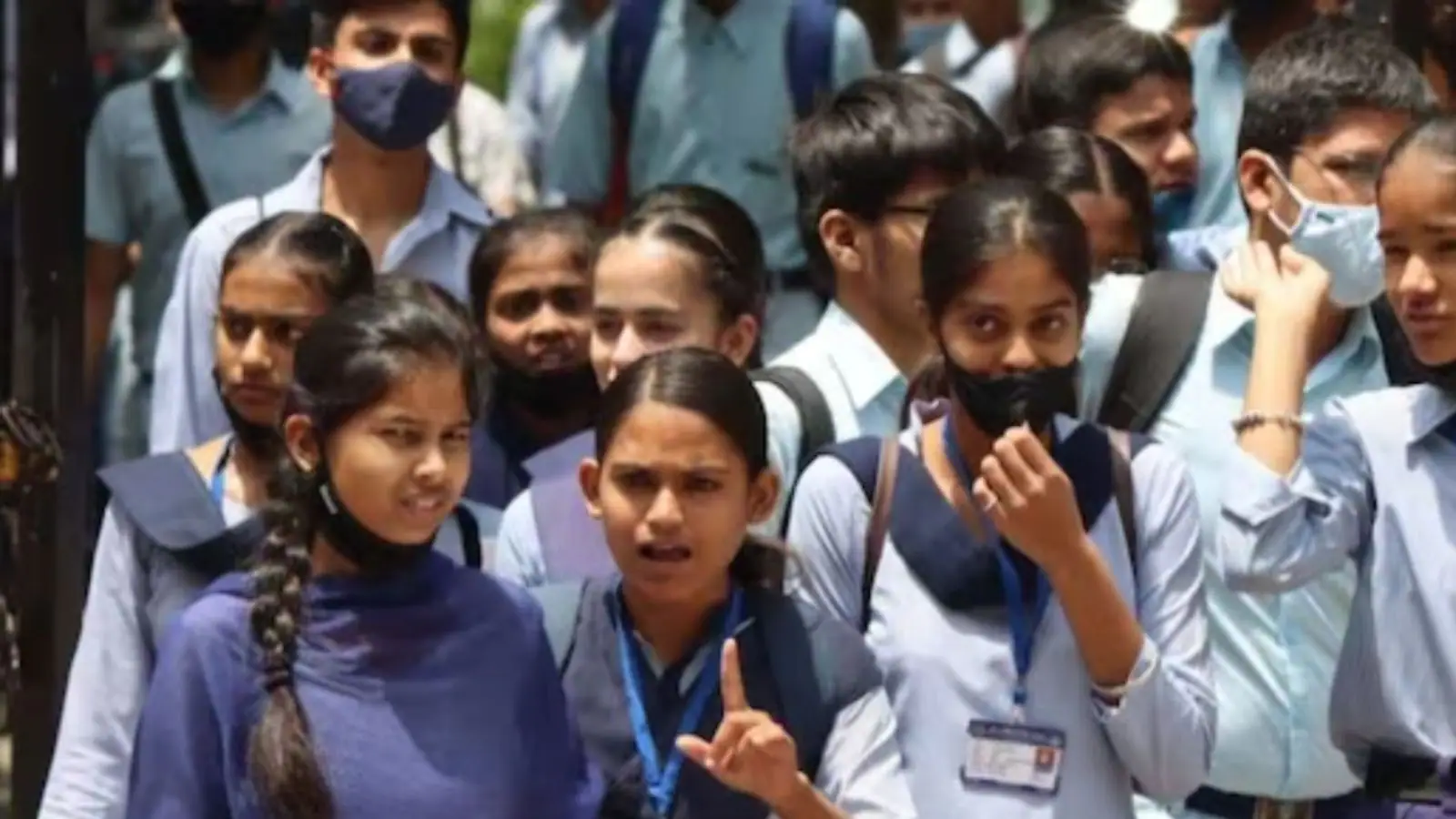Copyright Star Tribune

I read Robin Washington’s column in Monday’s Star Tribune (“50 years later, story endures despite ballad’s myths,” Strib Voices) and felt compelled to respond to his column. Growing up in Minnesota and frequently visiting Lake Superior as a child and as an adult, I — along with many others — have always been interested in the Great Lakes and their history, including the many shipwrecks that have occurred there. Most specifically, the story and history of the sinking of the Edmund Fitzgerald on Nov. 10, 1975. I’ve watch countless documentaries and have read books about the sinking and the ship itself. I do also very much enjoy Gordon Lightfoot’s epic ballad about the sinking as well. I know that it is not a historically accurate song. I see Lightfoot more as if he were a bard singing and writing a ballad that would have been sung in the days of Shakespeare. However, Washington does not see it that way. His condescending “review” of the song reads more like a Rolling Stone album review correcting the lyrics to historical accuracy than it does understanding that Lightfoot was telling a story. Of course the lyrics are not absolutely accurate. Instead of acknowledging the song as a classic that people love and may not know the history of, Washington flexes his knowledge of the song’s “inaccuracy” to the readers. Lightfoot mythologized the wreck, and people remember it because of that. Maybe I’m wrong, but it’s the only song I know of that has made people aware of a historical sinking of a ship. To my knowledge, there is no song about Sir Ernest Shackleton, his crew and his ship, the Endurance, that sank in the Weddell Sea in Antarctica and how they survived until they were rescued. Or the Battle of Lake Champlain where the fledgling U.S. Navy defeated the British navy on the lake during the War of 1812. Or any other famous ship, for that matter. Perhaps for some or for many who do not know the true story of the sinking of the Edmund Fitzgerald, Lightfoot’s ballad gets those people interested into learning more about the ship, her crew and her sinking. That’s what the books and documentaries are for, like John U. Bacon’s newly published book, “The Gales of November, the Untold Story of the Edmund Fitzgerald.” Not the song. It’s about remembrance. That’s why Lightfoot wrote the song. To remember the tragedy of the sinking and her crew. The Democratic Party has forgotten that it does not control the presidency, the House or the Senate. Despite the recent elections that show substantial gains and have given it renewed hope, it can only say “no” on some federal policies because of Rule XXII and the filibuster. The party’s real hope for change is the coming midterm elections in 2026. If Democrats win, then they will have a chance to make positive substantive changes. It was time to end the shutdown. Over 40 days and 40 nights is enough. The Trump administration has demonstrated a commitment to inflict real pain on American citizens through the reduction of SNAP benefits, the firing of federal workers and the restriction of air traffic leading up to the holiday weekend. The Democratic Party has shown that President Donald Trump is not willing to negotiate on extending the Affordable Care Act subsidies set to expire at the end of the year. By ending the shutdown and relieving the pain, the Democrats can show once again that they are fighting for all Americans. When the ACA subsidies end and members start hearing from their constituents, these voters will know who was fighting for them. The majority of the subsidies are given to people living in Southern states that did not vote to expand Medicaid. These enrollees will be contacting their Republican representatives, who now have a target painted on their backs. The Democrats won the only battle they could, which, as former President Lyndon Johnson said in a different context, was for “the hearts and minds of the people who actually live out there." Certainly the Democratic Party can complain that a few senators took the hit while the rest of the party stayed unified. It should not protest too much. Democrats’ best chance to win the 2026 elections is to move on and remind voters who they were fighting for when they were in the minority and who they will be fighting for when they regain the majority. Fighting against one another will not achieve that goal. The party needs to stay positive and keep its eyes on the real goal, which is governance. We see reports that if ACA subsidies are allowed to expire, nearly 4.8 million people will become uninsured. For those who remain, average premiums will more than double — an average increase of over $1,000 per year. Simultaneously, recent federal changes are creating bureaucratic nightmares that threaten the health of the 11.8 million Americans set to lose their Medicaid coverage. This is unconscionable. Regarding the letter published on Nov. 8 criticizing Minneapolis teachers: I do not think the writer has any clue what a teacher, and particularly an urban teacher, has to deal with (“Deal averts strike by Minneapolis teachers,” Nov. 11). I know, because I have seen it firsthand for the past 11 years working at Minneapolis Public Schools, and I have seen almost everything. In many cases, students come in with an unstable home life or are dealing with extreme poverty. In other cases, they have to deal with situations that put themselves in danger or at extreme risk. And now, there is the concern of immigration raids. Add in the fact that many of the students would not be accepted in private schools or that only public schools have some of the mandated accommodations they actually need. Yet, teachers do what they can and go into school to teach students, hoping to improve their lives through education or just be there when possible.



